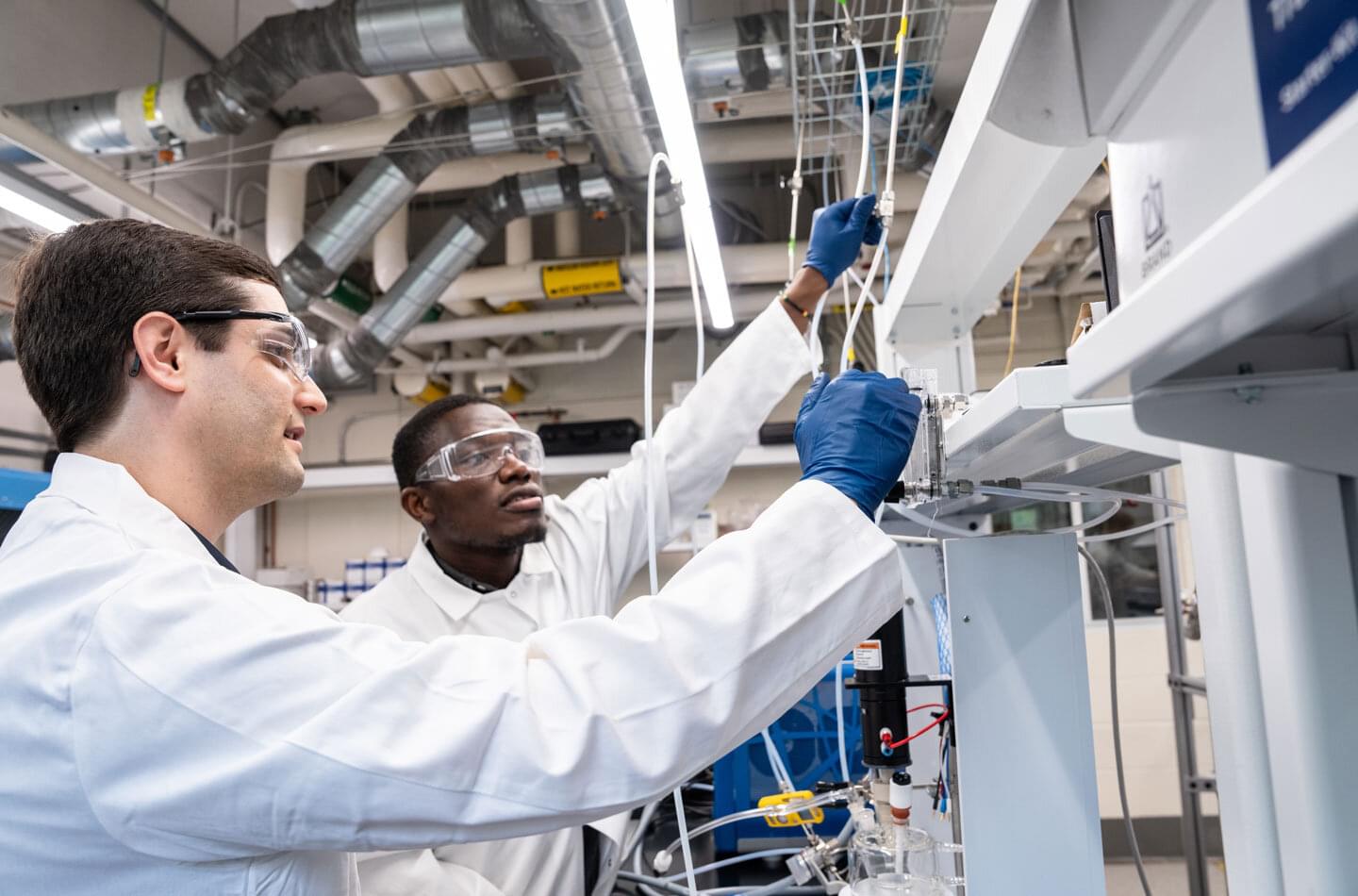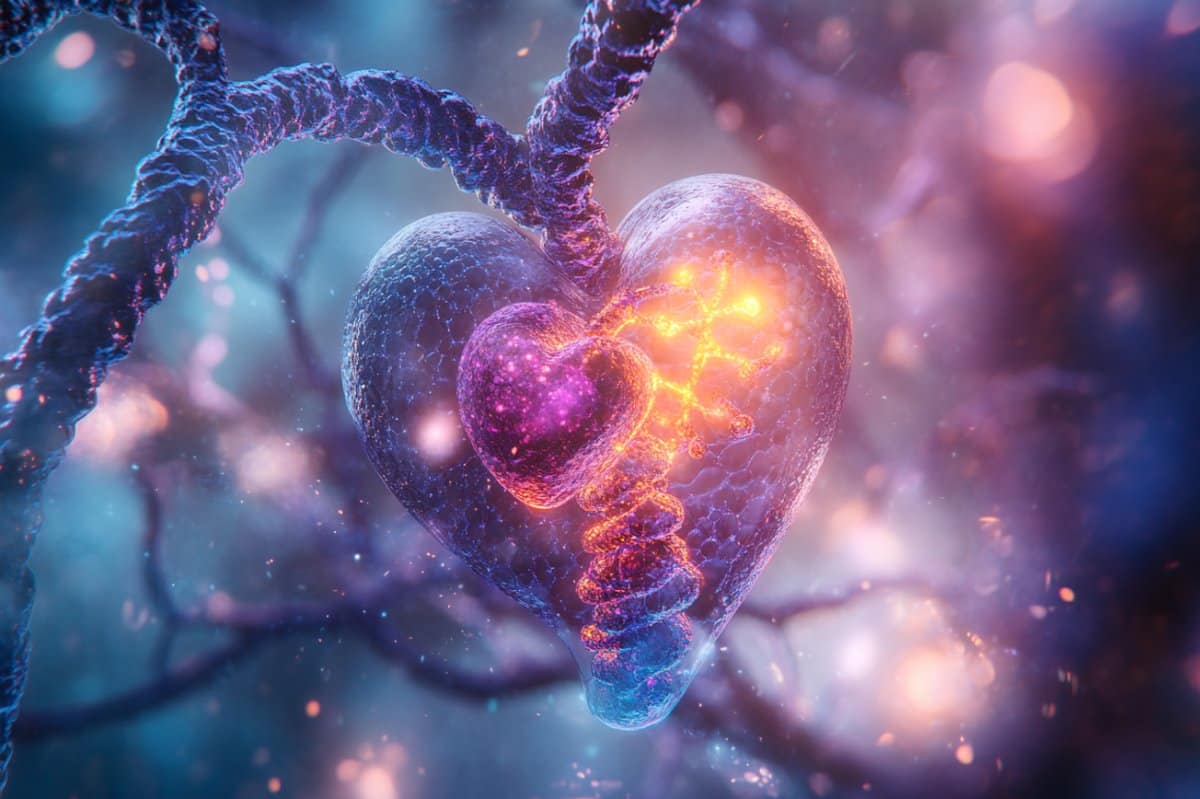Many modern industrial processes depend on complex chemistry. Take fertilizer production, for example: to make it, companies must first produce ammonia, a key ingredient.
These chemical processes need ingredients of their own—catalysts, which speed up reactions without being consumed or creating unwanted byproducts.
One emerging type of catalyst—known as a “single-atom” or “atomically dispersed” catalyst—is getting a lot of attention for its potential to make industrial processes cleaner and more efficient. Academic journals are overflowing with studies on them.

